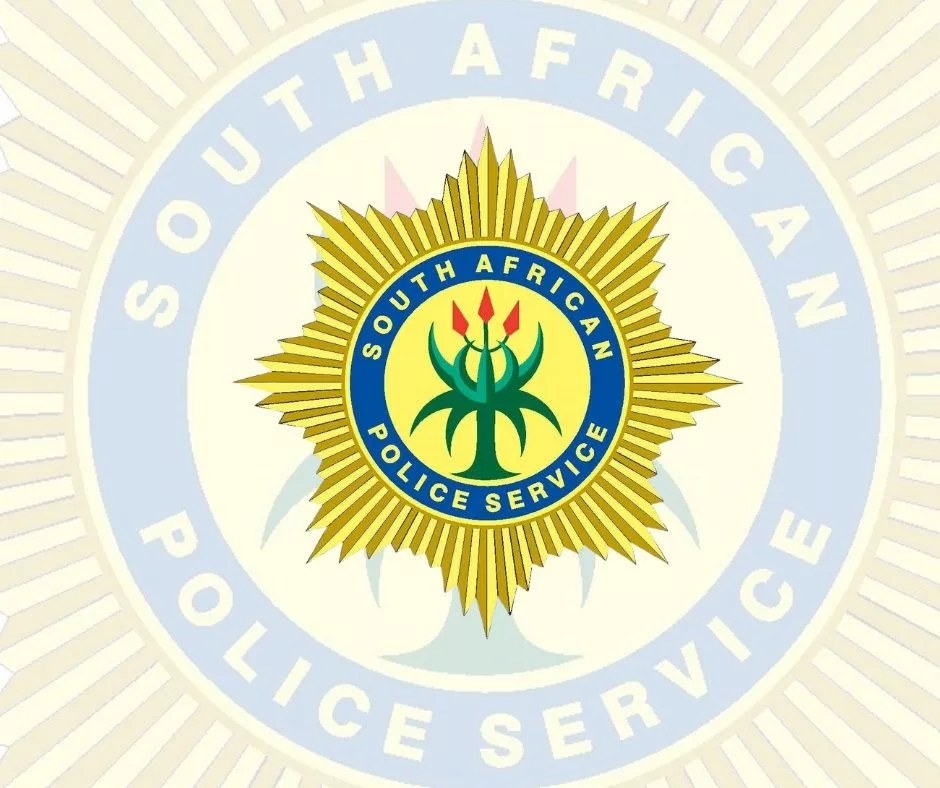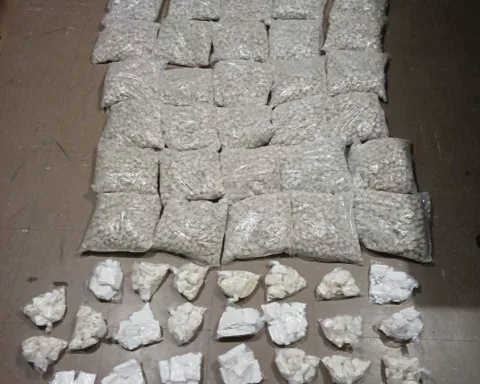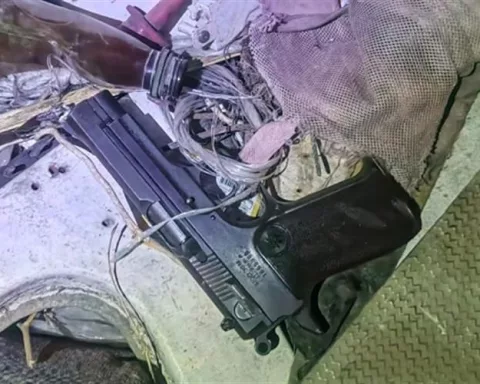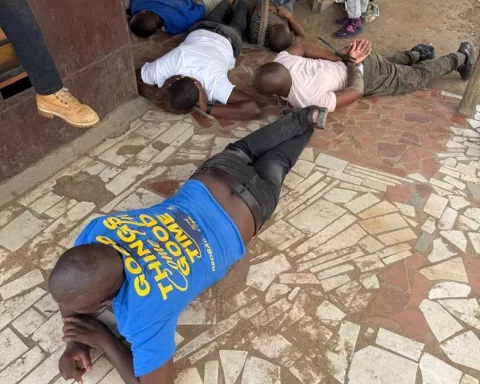The National Counterfeit Goods Unit conducted a successful operation to shut down a clandestine trade of fake goods in Johannesburg, seizing over 7000 items worth R6.6 million and the equipment used to produce them. The operation involved a range of groups including law enforcement, revenue services, and private security firms, highlighting the need for a more comprehensive approach to tackle the problem of counterfeit goods. While the takedown was a significant achievement, it also shows the ongoing battle against these goods and the need for increased public awareness.
A Robust Clampdown on Fake Merchandise: The Johannesburg Central Business District Takedown. The National Counterfeit Goods Unit conducted an operation to dismantle the clandestine trade of counterfeit goods in Johannesburg. Over 7000 fake items, estimated at R6.6 million, were confiscated, along with the equipment used to produce the items. The sting operation was a result of a concerted effort involving various groups. This operation highlights the need for a comprehensive approach to tackle the issue of counterfeit goods.
Commencement of an Unprecedented Operation
A sense of anticipation mingled with resolve filled the chilly air of Johannesburg on the dawn of June 14, 2024. The National Counterfeit Goods Unit was gearing up for an operation that was set to create ripples across the economic scene of South Africa. This mission was far from routine. It was a carefully orchestrated strategy aimed at dismantling the clandestine trade of counterfeit goods, which has been sapping the vitality of the South African economy.
Nestled inside Johannesburg’s busy central business district, on Rahima Moosa Street, an unsuspecting building hid a sinister secret. Within its walls, a covert operation was producing fake items on a massive scale. The criminals involved were not merely peddling cheap imitations; they were producing an array of counterfeit merchandise ranging from clothes and footwear to makeup, fragrances, and even backpacks.
The Sting Operation’s Execution and Success
The sting operation’s triumph exceeded all initial projections. Over 7000 fake items, whose combined value was estimated at an astounding R6.6 million, were confiscated by the law enforcement officers. The items were deceptive replicas of renowned brands. But it wasn’t just counterfeit goods that were seized; the equipment used by the criminals, including sewing machines, an overlocker, an embossing machine, and a hot press, were all confiscated. Investigators also discovered a substantial number of labels bearing the names of famous brands.
This operation wasn’t a one-man show. It was the result of a concerted effort involving several entities. The team was a conglomerate of various groups such as the South African Police Services (SAPS), officials from the South African Revenue Services (SARS), Gauteng Traffic, Johannesburg Emergency Management Services (EMS), Brand Protectors, Crime Prevention Wardens, and private security firms. Together, they managed to pull off the most significant takedown of a counterfeit manufacturing plant within the last year.
The Ongoing Battle Against Counterfeit Goods
The Rahima Moosa Street sting wasn’t an isolated case. The same team had carried out a similar operation less than a week ago, resulting in the seizure of fake products valued at R5.8 million. These consecutive wins against the counterfeit trade bear testament to the team’s unwavering commitment to wipe out this illegal business.
However, the war against counterfeit goods is far from won. The Johannesburg Central Business District sting serves as a sobering reminder of the scope of the problem. It sheds light on the lengths to which law enforcement agencies are willing to go to protect brands’ intellectual property, shield consumers from subpar merchandise, and safeguard the nation’s economy from the damaging effects of counterfeit goods.
The Need for a Comprehensive Approach
While these operations are indeed praiseworthy, they also highlight the need for a more all-encompassing strategy to tackle this issue. This calls for not only stricter enforcement but also increased public awareness about the economic and social perils of counterfeit goods. The trade in fake goods is not solely a financial problem; it’s a societal issue that capitalizes on the unwitting consumer’s lack of information.
The Johannesburg Central Business District takedown stands as a testament to the dedication and resolve of law enforcement agencies. It symbolizes their continued pledge to protect the South African economy from the infringement of counterfeit goods. As we forge ahead, it’s crucial that we draw lessons from these incidents and persist in our efforts towards a counterfeit-free South Africa.
What was the purpose of the operation conducted by the National Counterfeit Goods Unit in Johannesburg?
The operation conducted by the National Counterfeit Goods Unit in Johannesburg was aimed at dismantling the clandestine trade of counterfeit goods, which has been sapping the vitality of the South African economy.
What kind of fake items were confiscated during the operation?
During the operation, over 7000 fake items, ranging from clothes and footwear to makeup, fragrances, and even backpacks, were confiscated by the law enforcement officers.
What entities were involved in the operation?
The operation involved a range of groups including law enforcement, revenue services, and private security firms. The team was a conglomerate of various groups such as the South African Police Services (SAPS), officials from the South African Revenue Services (SARS), Gauteng Traffic, Johannesburg Emergency Management Services (EMS), Brand Protectors, Crime Prevention Wardens, and private security firms.
What equipment was confiscated during the operation?
Apart from the counterfeit goods, the equipment used by the criminals, including sewing machines, an overlocker, an embossing machine, and a hot press, were all confiscated by the law enforcement officers.
Is the war against counterfeit goods over after this operation?
No, the war against counterfeit goods is far from won. The Johannesburg Central Business District sting serves as a sobering reminder of the scope of the problem. It sheds light on the lengths to which law enforcement agencies are willing to go to protect brands’ intellectual property, shield consumers from subpar merchandise, and safeguard the nation’s economy from the damaging effects of counterfeit goods.
What is the need for a more comprehensive approach to tackle the issue of counterfeit goods?
While the takedown was a significant achievement, it also shows the ongoing battle against these goods and the need for increased public awareness. This calls for not only stricter enforcement but also increased public awareness about the economic and social perils of counterfeit goods. The trade in fake goods is not solely a financial problem; it’s a societal issue that capitalizes on the unwitting consumer’s lack of information.












